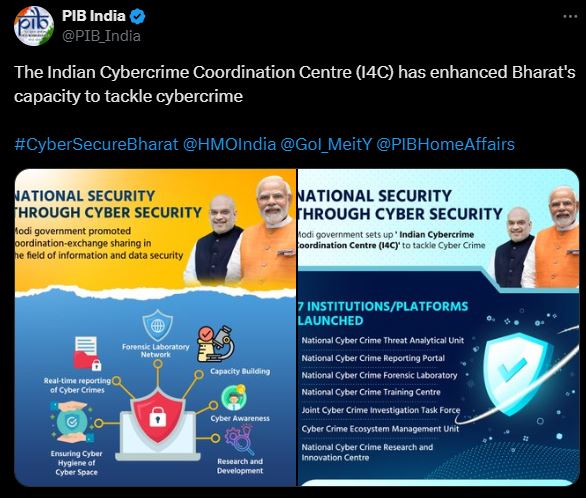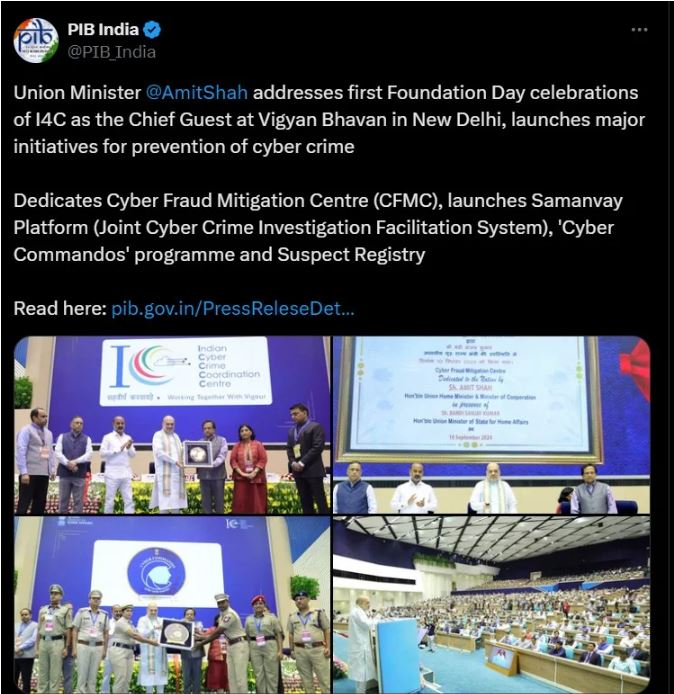India is to make 5,000 cyber commandos over the next five years to deal with cybercrimes in India, said Home Minister Amit Shah on Tuesday. He urged that cybercrime has no boundary, and hence all stakeholders must come together to deal with its menace.

The unit will consist of 5,000 commandos recruited from all police forces in each state and Union Territory. Each commando will be selected depending on their expertise in IT, digital forensics, and cybersecurity. The cyber commandos will act as India’s first line of defense.
Though its a time-demanding steps, but some expert of India expressed their opinion differently. Cybersecurity expert Srinivas Kodali believes this effort, though welcome, is overdue and insufficient. Kodali, an interdisciplinary researcher on data, cities, and the internet, expressed concerns that 5,000 cyber warriors may not be enough, given India’s pace of digitization.
“There has been immense pressure on the government to implement such a program due to the rise in cybercrime. However, the number of cyber warriors is the bare minimum. This initiative is unlikely to revolutionize things, but it is a step in the right direction,” Kodali commented.
While experts like Kodali acknowledge the necessity of this move, others, such as cybersecurity entrepreneur Nandakishore Harikumar, CEO of Technisanct, highlight additional areas of concern. Harikumar echoed similar apprehensions about the scale of the initiative, noting the need for greater resources to tackle both cybercrime and enterprise security.

“We need a lot of resources to fight cybercrime and we are lacking in it. So the setting up of cyber warriors is a welcome step in that direction. I believe the government needs to focus on cybercrimes as well as enterprise security. The government should also focus on data breaches as this is the base for cybercrimes,” Harikumar emphasized.
Stressing the importance of making cyberspace safe, Minister Amit Shah said 46 per cent of digital transactions in the world are taking place in India.
Shah launched a “suspect registry,” a centralized database of suspicious bank accounts and identifies to be securely shard with banks and financial intermediaries, according to Vishal Dhiman, deputy director of I4C. Banks, financial institutions, and law enforcement will use the database to improve risk management.
 InfoSecBulletin Cybersecurity for mankind
InfoSecBulletin Cybersecurity for mankind














